Conclavoscope - Cardinal Fridolin Ambongo Besungu
Cardinal Profile and Assessment
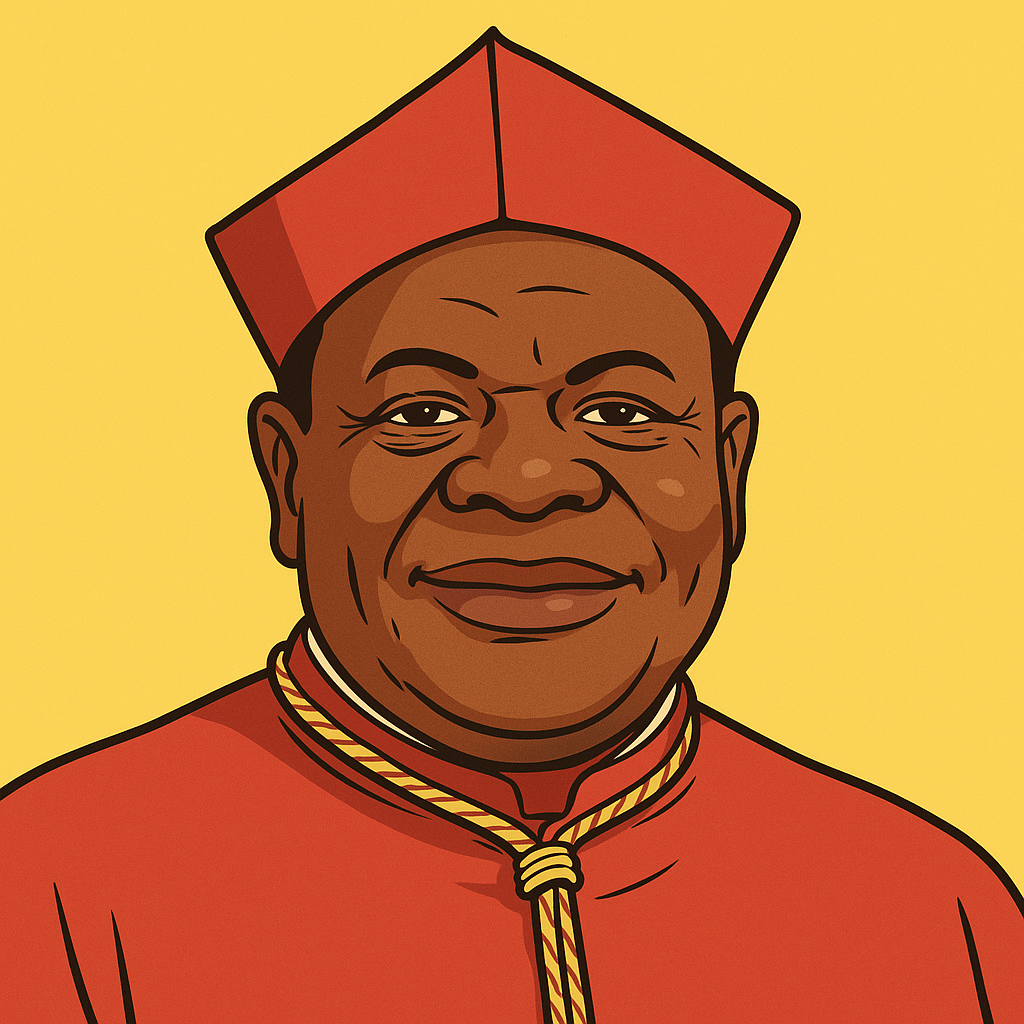
Congolese cardinal, Archbishop of Kinshasa, known for his commitment to social justice and human rights defense, while maintaining a traditional doctrinal position.
| Criterion | Tendency |
|---|---|
| Moral doctrine | Conservative |
| Liturgy | Conservative |
| Sociopolitical | Very progressive |
| Relationship with Pope Francis | Centrist |
| Dialogue | Very progressive |
| Communication | Very progressive |
| Overall tendency | Moderately progressive |
Fridolin Ambongo Besungu was born on January 24, 1960, in Boto, Democratic Republic of Congo. Ordained a priest in 1988 as a member of the Capuchin Order, he obtained a licentiate in moral theology at the Alphonsian Academy in Rome. He was appointed Bishop of Bokungu-Ikela in 2004 by John Paul II, then apostolic administrator of Kole in 2008. In 2016, he became Archbishop of Mbandaka-Bikoro, before being appointed coadjutor of Kinshasa in 2018, succeeding Laurent Monsengwo Pasinya. He was created cardinal by Pope Francis in October 2019. (Quién es Fridolin Ambongo Besungu, el papable que puede ser el primer papa africano en 16 siglos, Fridolin Ambongo Besungu)
Ambongo has been a member of the Council of Cardinals since 2020, a select group tasked with advising the Pope on the reform of the Roman Curia. In February 2023, he was elected president of the Symposium of Episcopal Conferences of Africa and Madagascar (SECAM), thus strengthening his influence on the African continent. (Le nom des cardinaux 'papabile' qui reviennent le plus souvent, Fridolin Ambongo Besungu)
He is known for his commitment to social justice, denouncing corruption, exploitation of natural resources, and foreign interference in Africa. He has also played an active role in political mediation in the Democratic Republic of Congo, particularly during the 2018 elections. (Quién es Fridolin Ambongo Besungu, el papable que puede ser el primer papa africano en 16 siglos)
Ambongo embodies a conservative line on doctrinal and moral issues, while being progressive on social and political issues. He defends a Church rooted in African cultural realities, opposing what he considers "cultural colonization" by the West.
With his role within SECAM and the Council of Cardinals, Ambongo has a solid network, particularly among African cardinals and those sensitive to social justice issues. However, his conservative positions on certain subjects may limit his attractiveness to progressive cardinals. (Fridolin Ambongo Besungu)
Cardinal Ambongo Besungu is a strong defender of traditional Catholic moral teachings. He has explicitly opposed the Vatican declaration *Fiducia Supplicans*, which permits blessings for same-sex couples, stating that such ideas are unacceptable in the African context and constitute 'cultural colonization'.
While not known for an explicit focus on liturgical debates, Cardinal Ambongo emphasizes reverent and faithful expressions of worship and promotes a liturgy that fosters spiritual renewal. His Capuchin background and his advocacy for deeper faith formation suggest a traditional but pastoral orientation.
Cardinal Ambongo is highly engaged in sociopolitical issues. He is known for defending human rights, denouncing political corruption, and advocating for peace and environmental protection. He has also spoken strongly against the exploitation of the Congo's natural resources.
Cardinal Ambongo is a close ally of Pope Francis. He is a member of the Council of Cardinals and has vocally supported the Pope's vision of synodality, pastoral outreach, and Church reform, even while representing local African concerns in tension with certain Vatican directives.
Cardinal Ambongo strongly promotes interreligious dialogue, particularly in the context of conflict in the DRC. He advocates collaboration with Muslim leaders and other faith groups as essential for peacebuilding and social harmony.
Cardinal Ambongo is known for his bold and prophetic communication style. He speaks directly on political and moral issues, often challenging the government, while also maintaining a pastoral tone. His statements often reach wide audiences both nationally and internationally.
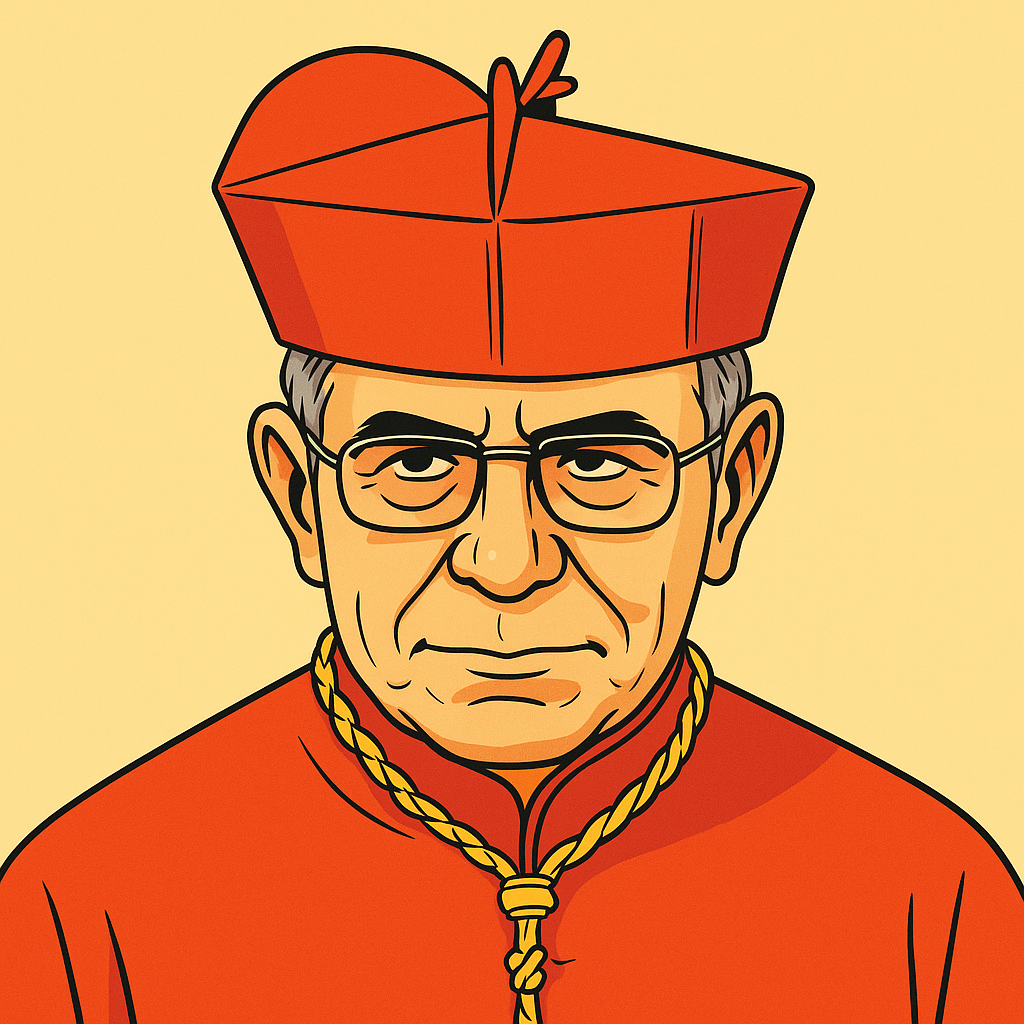
Cuba
Cuban cardinal, Archbishop of Havana, known for his balance between respect for local authorities and defense of the Church's mission in a complex political context.
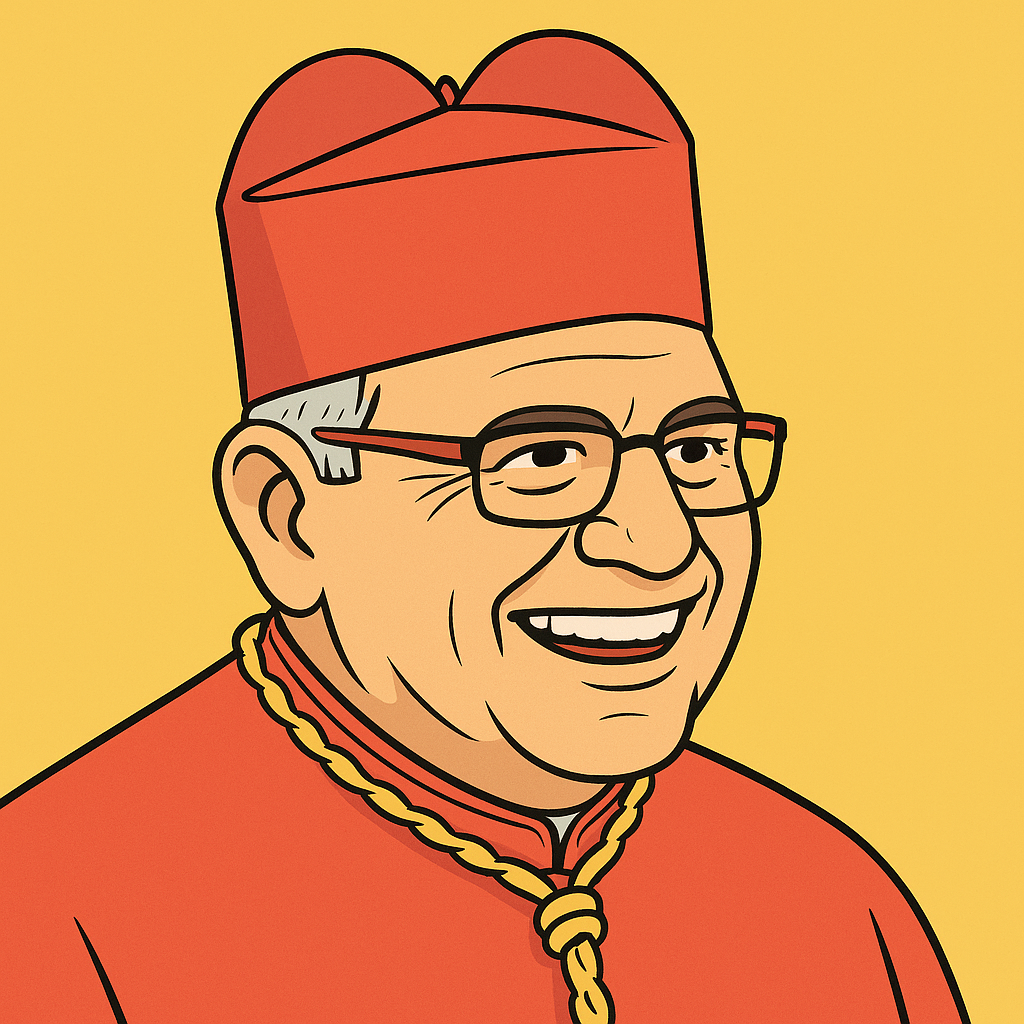
Guatemala
Guatemalan cardinal recognized for his work with indigenous communities and commitment to social justice, while maintaining a conservative position on doctrinal issues.
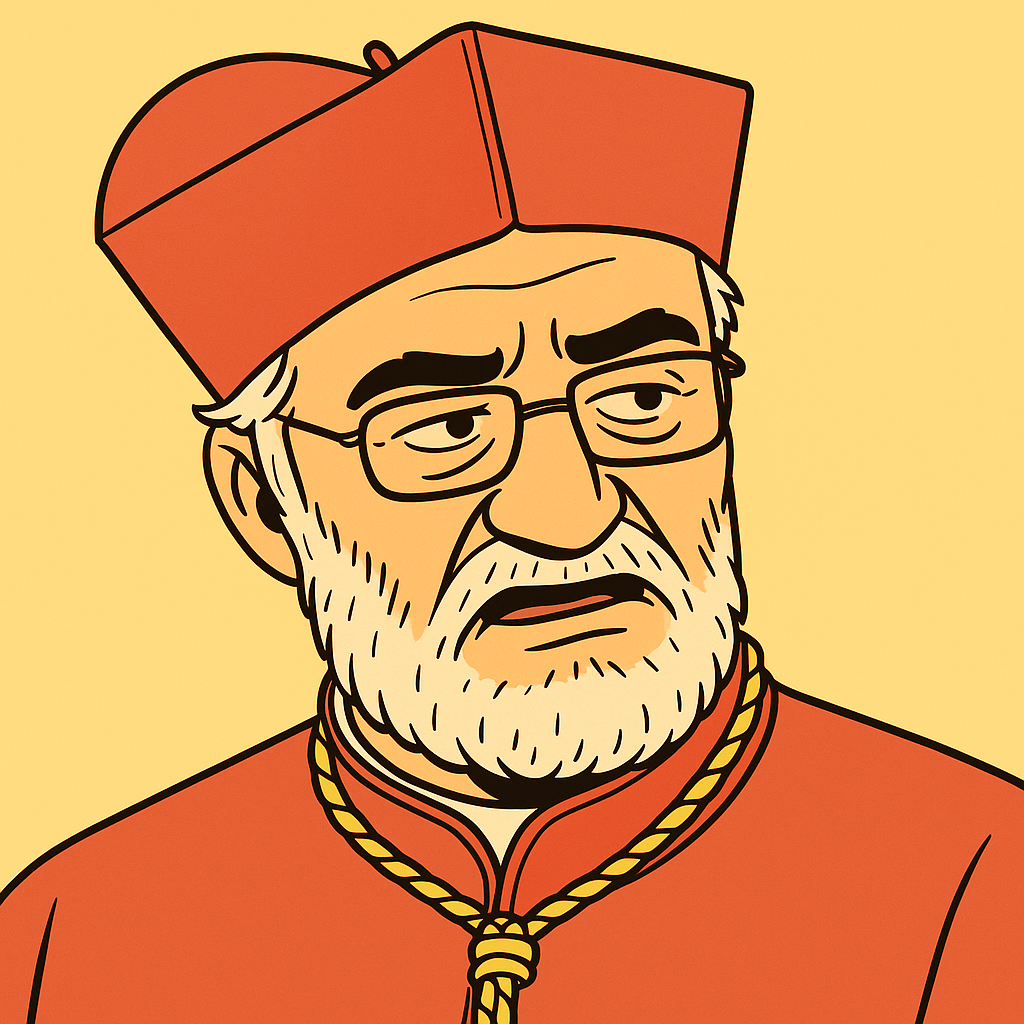
Morocco
Spanish cardinal, Archbishop of Rabat, known for his work in Islamic-Christian dialogue and his commitment to migrants, with a moderate pastoral approach.
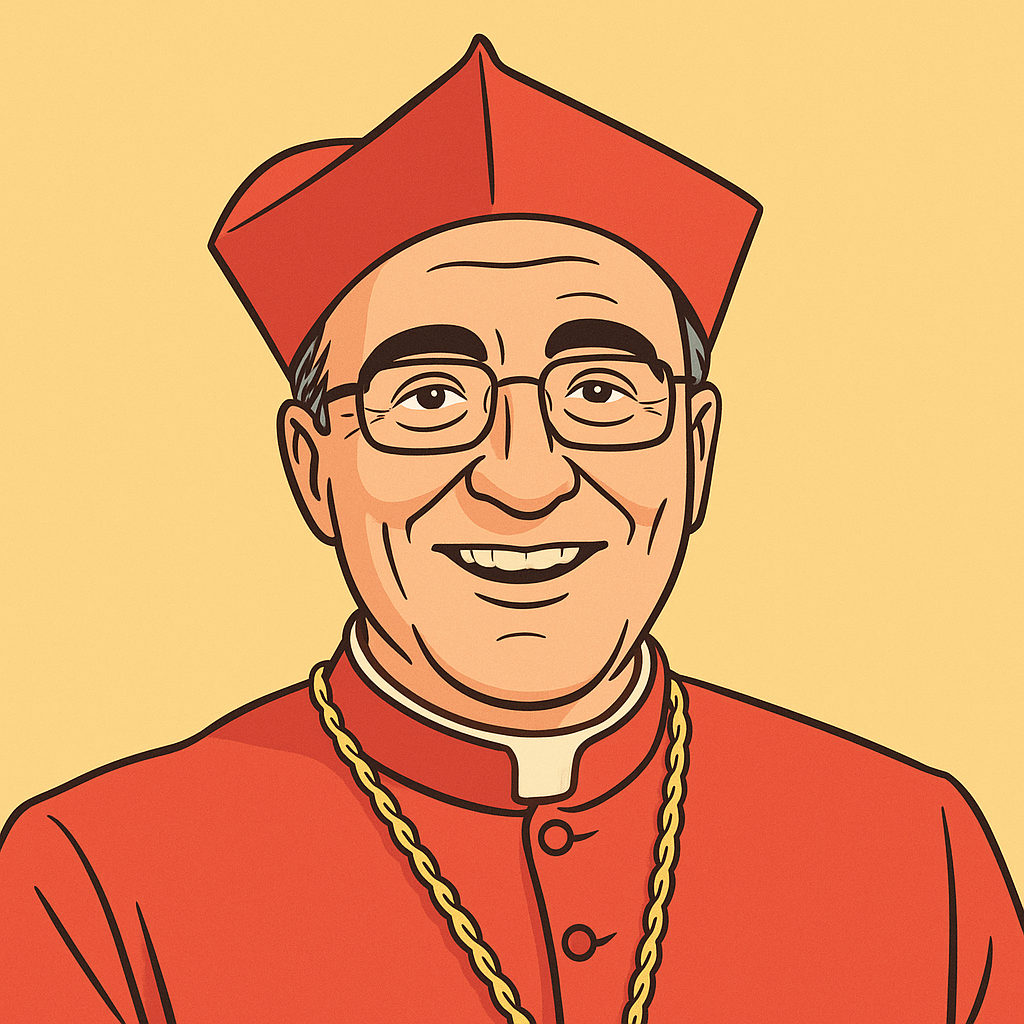
Uruguay
age: 66
Uruguayan cardinal, Salesian, known for his balanced approach between tradition and renewal, and his commitment to Catholic education.
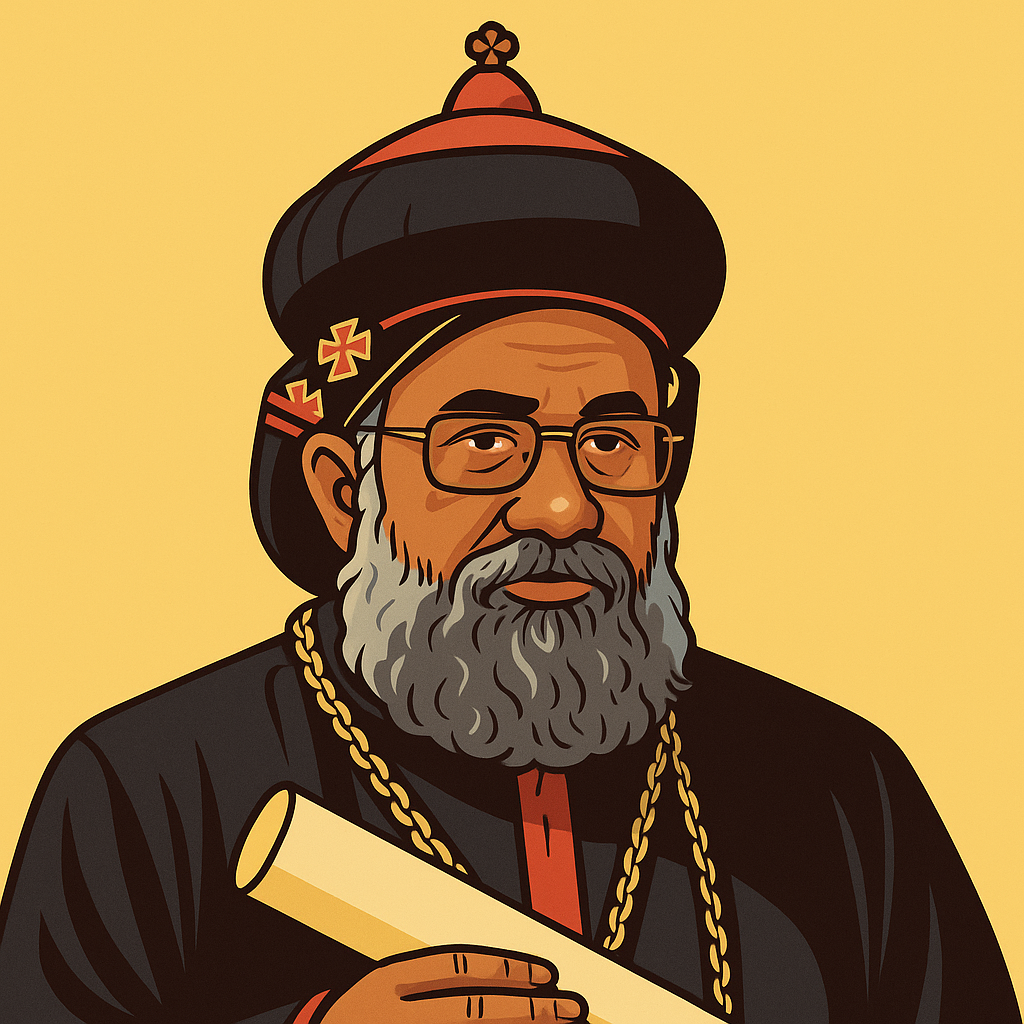
India
age: 66
Indian cardinal of Syro-Malankara rite, known for his attachment to the Eastern traditions of the Church and his defense of traditional moral doctrine.
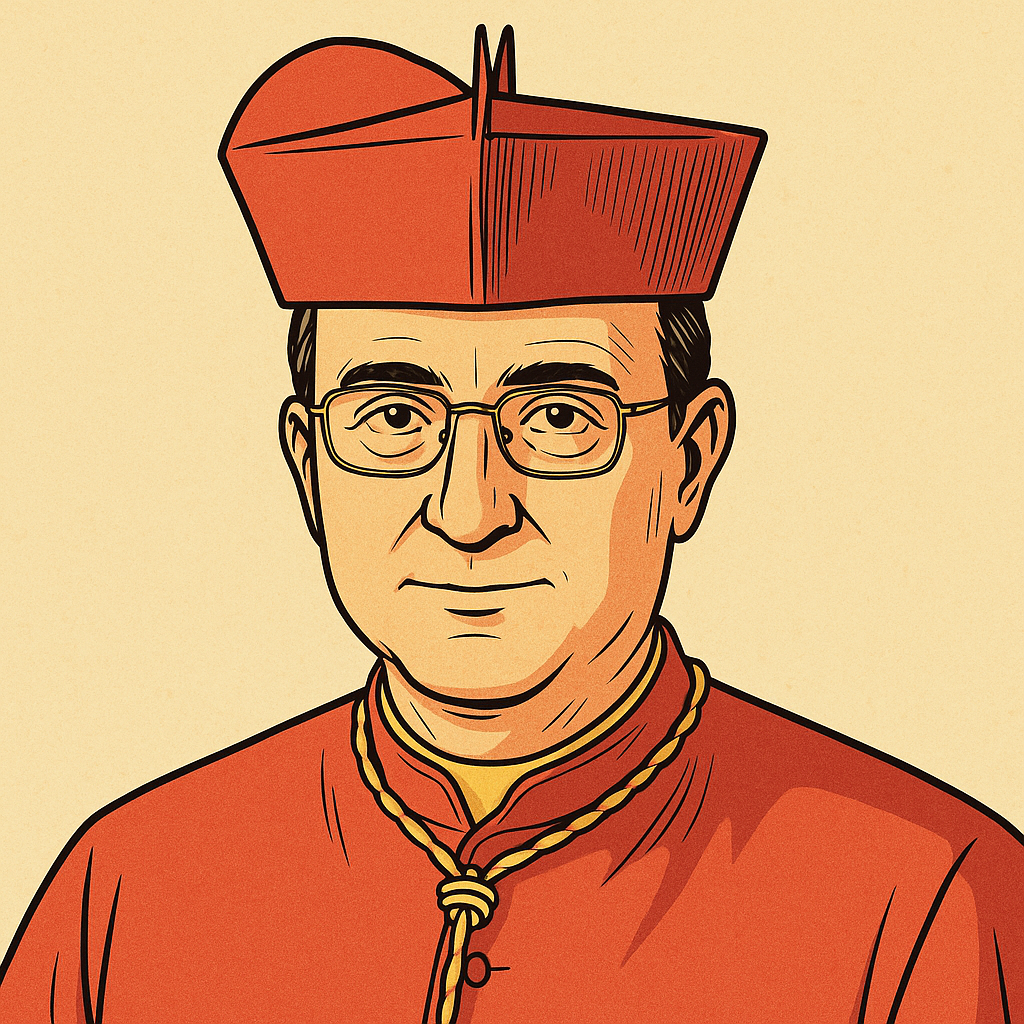
Brazil
age: 66
Brazilian cardinal, Archbishop of Salvador de Bahia, known for his balanced pastoral leadership and commitment to a more synodal Church closer to existential peripheries.
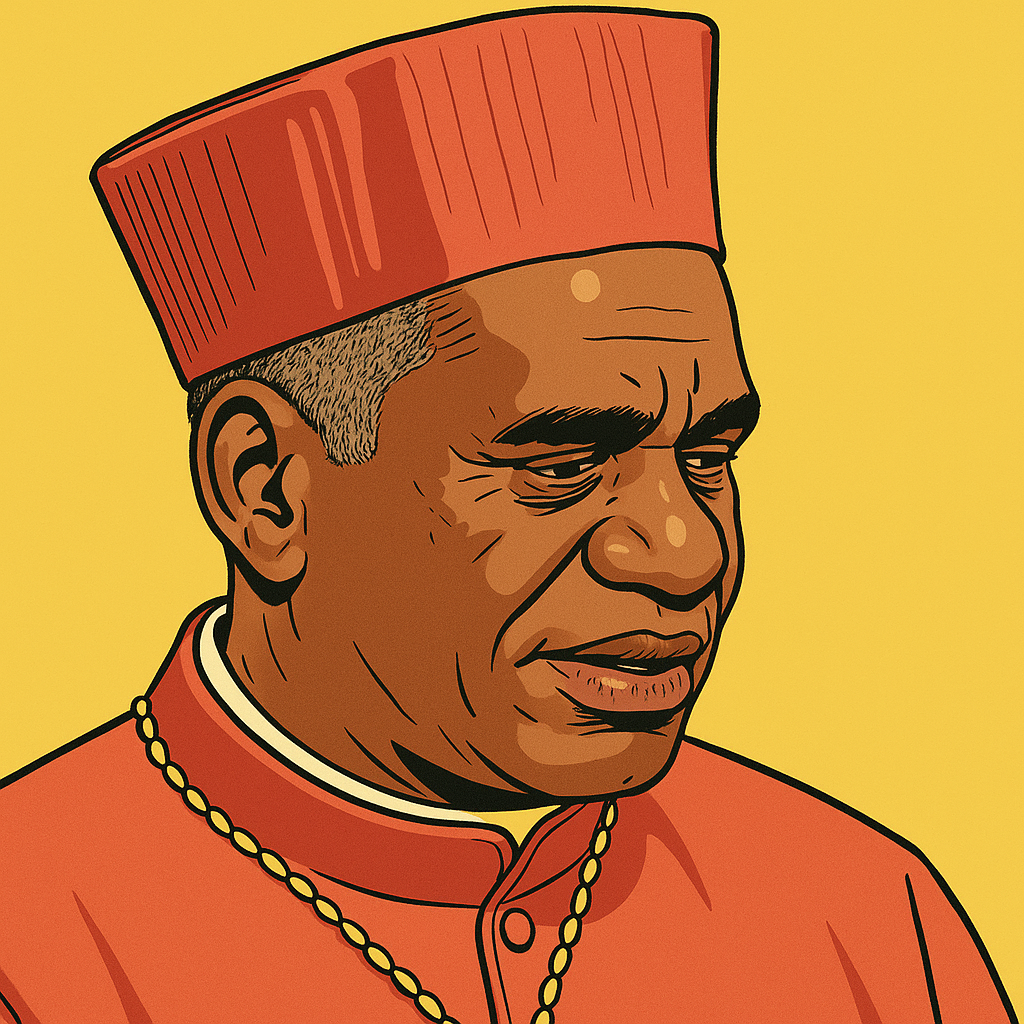
Madagascar
Malagasy cardinal, known for his traditionalist positions, his attachment to classical liturgy, and his vigorous defense of Catholic moral doctrine.

Myanmar
Burmese cardinal, the first from his country, known for his commitment to peace and reconciliation, combining respect for tradition and interreligious dialogue.
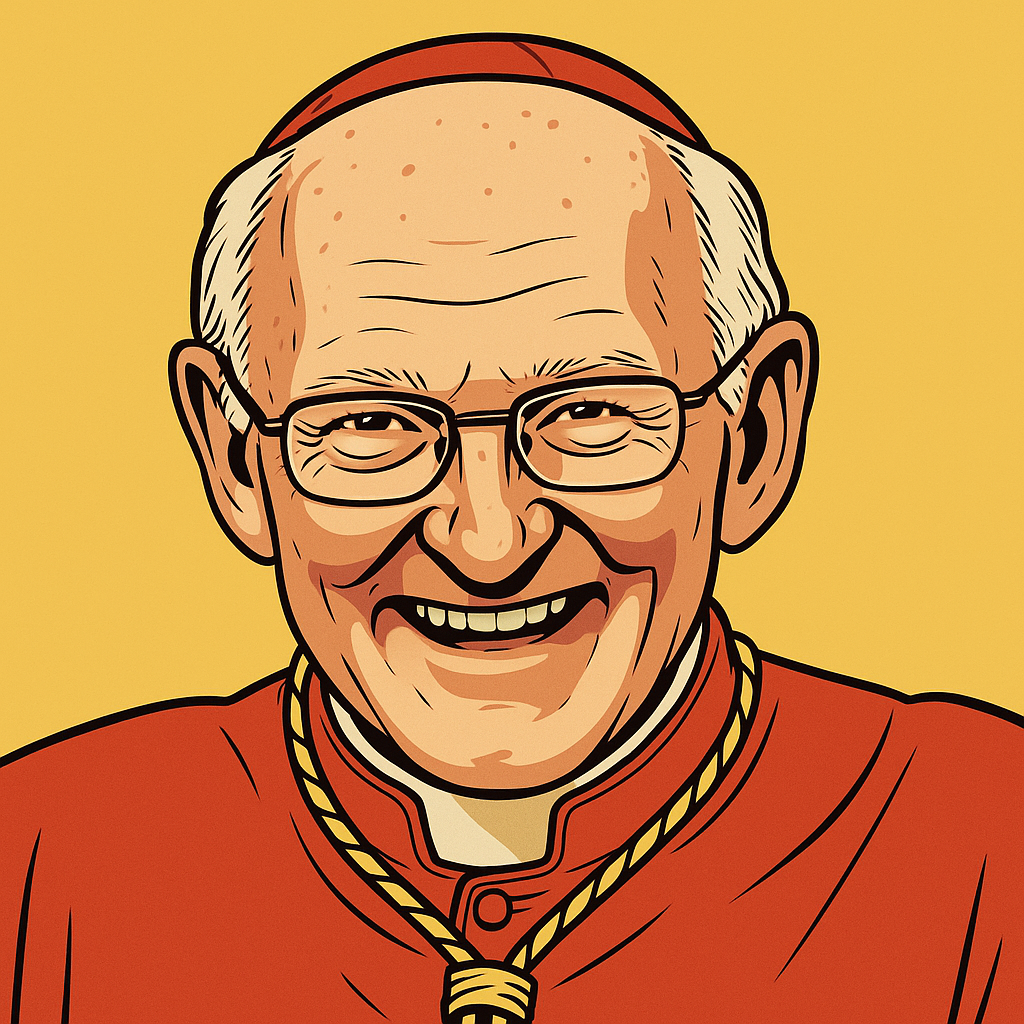
United States
American cardinal, Archpriest of the Basilica of Saint Paul Outside the Walls, former Prefect of the Papal Household, known for his conservative positions and administrative experience at the Vatican.

Madagascar
Malagasy cardinal, known for his traditionalist positions, his attachment to classical liturgy, and his vigorous defense of Catholic moral doctrine.
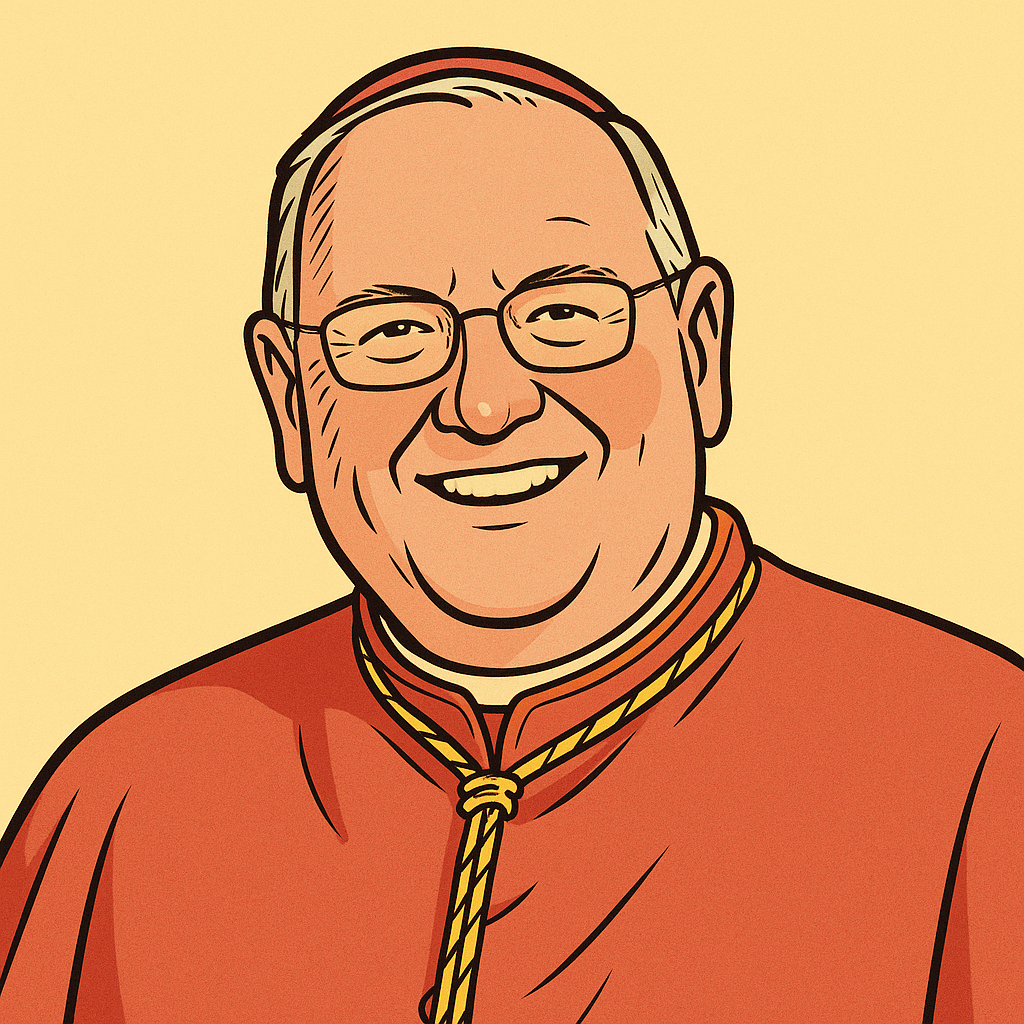
United States
American cardinal, Archbishop of New York, known for his media charisma and balanced leadership, combining social commitment and defense of Catholic tradition and moral values.

Myanmar
Burmese cardinal, the first from his country, known for his commitment to peace and reconciliation, combining respect for tradition and interreligious dialogue.
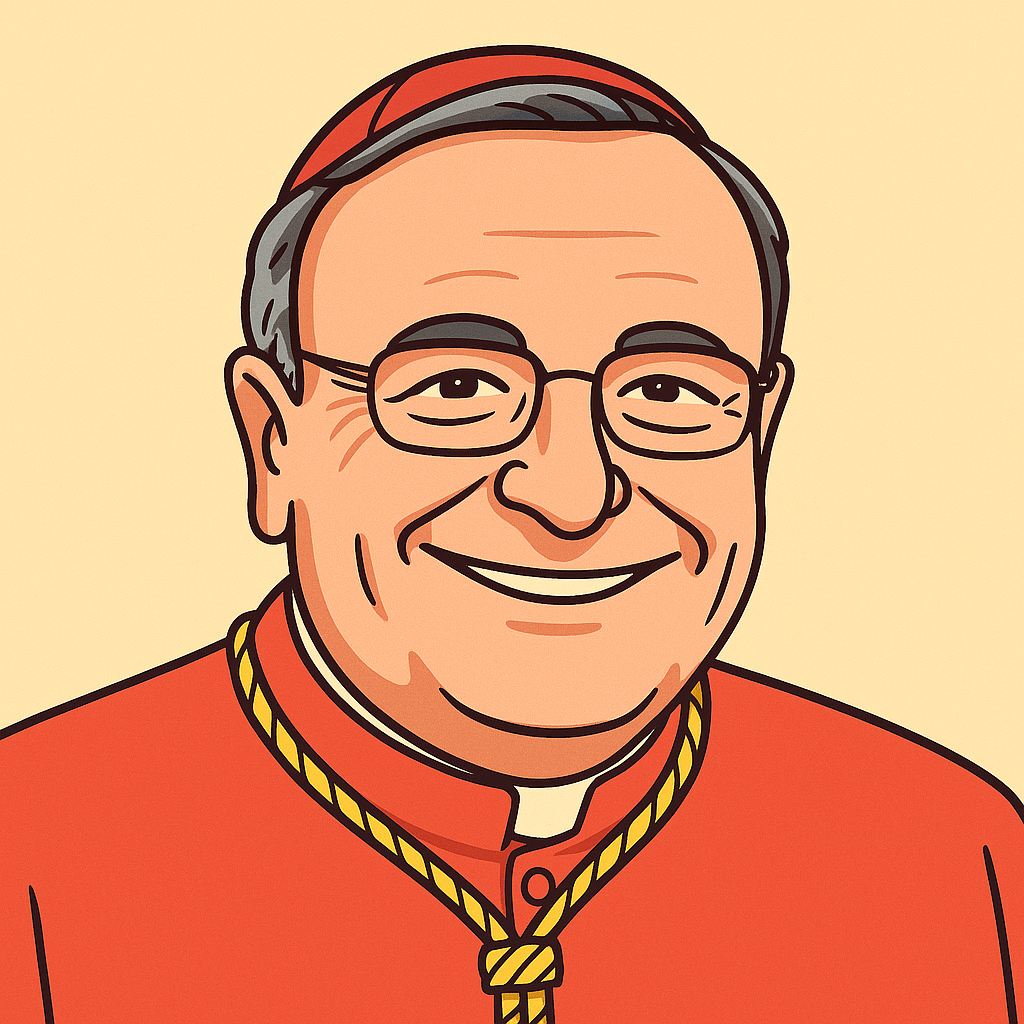
Italy
Italian cardinal, Archbishop Emeritus of Agrigento, known for his commitment to migrants and his open pastoral approach while remaining faithful to tradition.
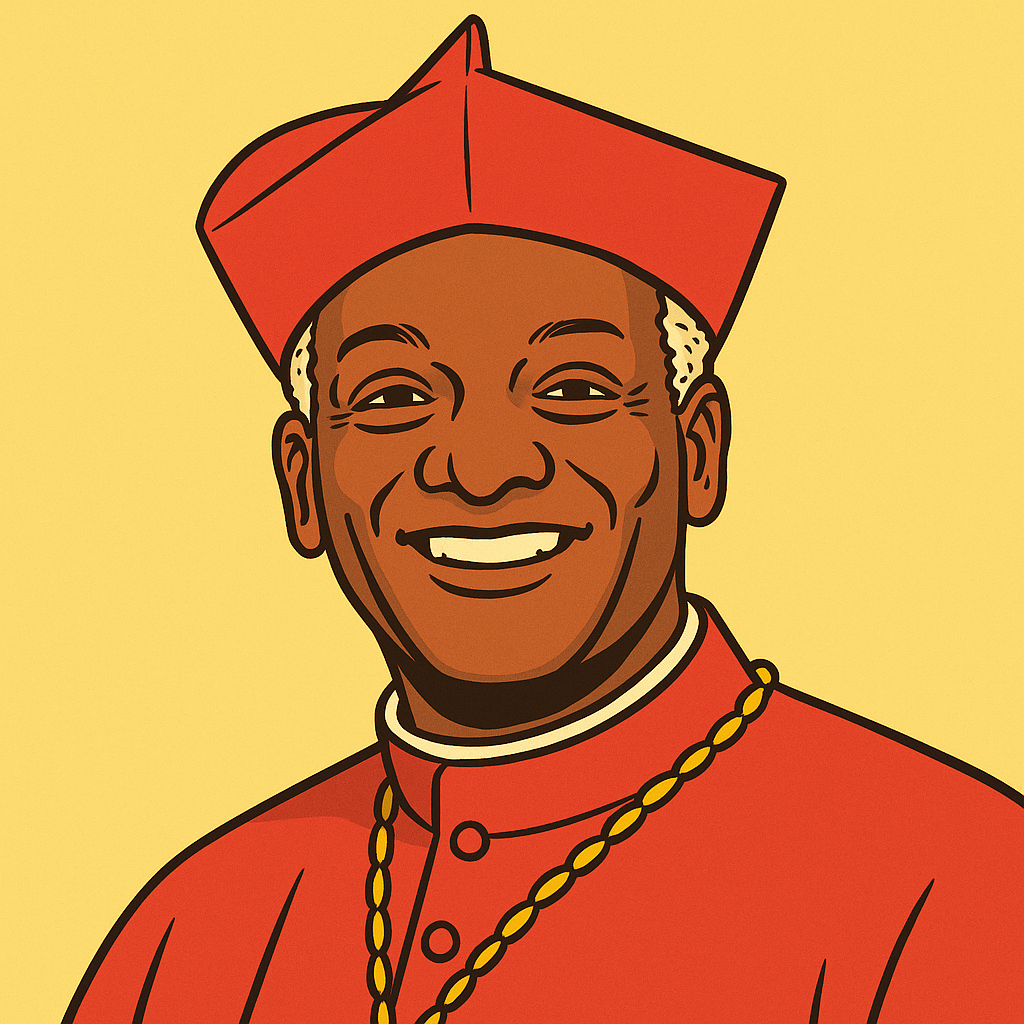
Haiti
Haitian cardinal, the first from his country, recognized for his work in a context of great poverty and instability, maintaining a traditional doctrinal approach.
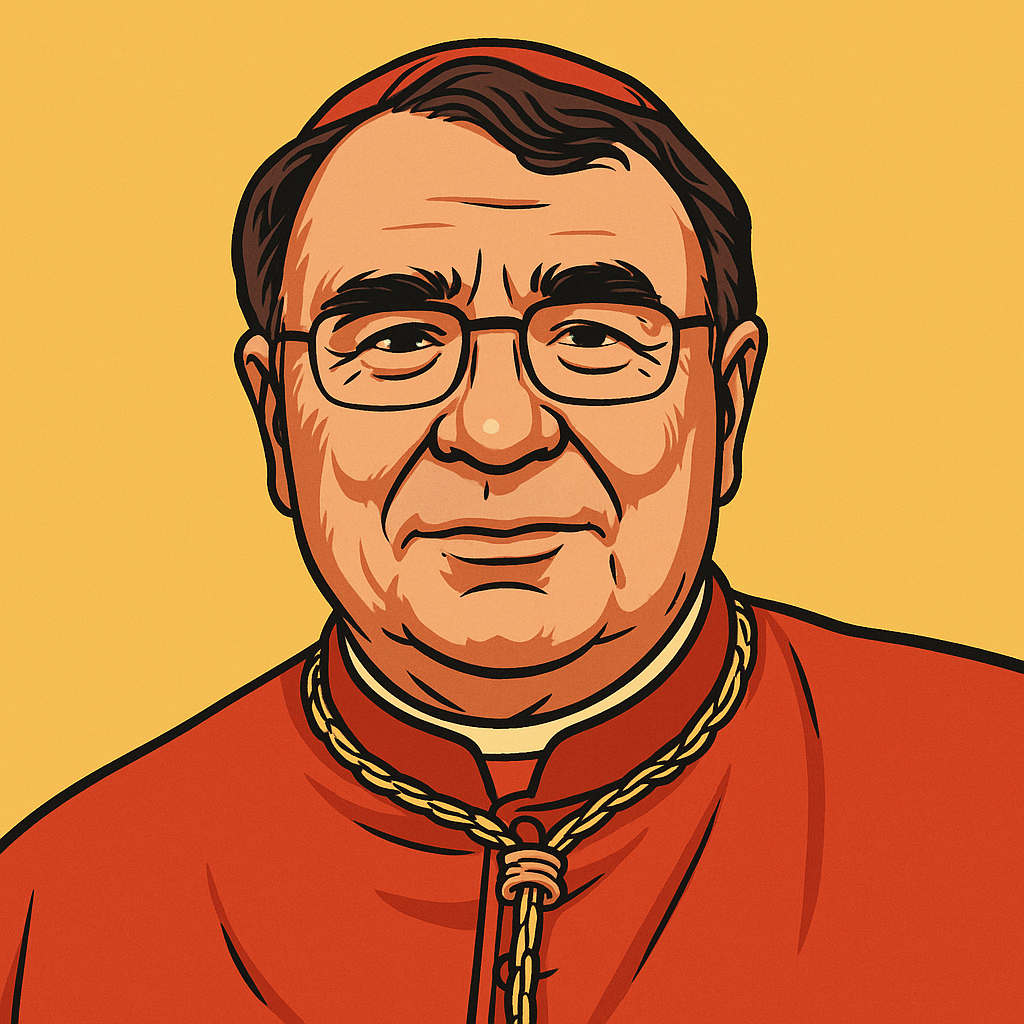
France
French cardinal, apostolic nuncio to the United States, known for his diplomacy and moderate approach, seeking to maintain unity despite divisions.

India
Indian cardinal of Syro-Malankara rite, known for his attachment to the Eastern traditions of the Church and his defense of traditional moral doctrine.
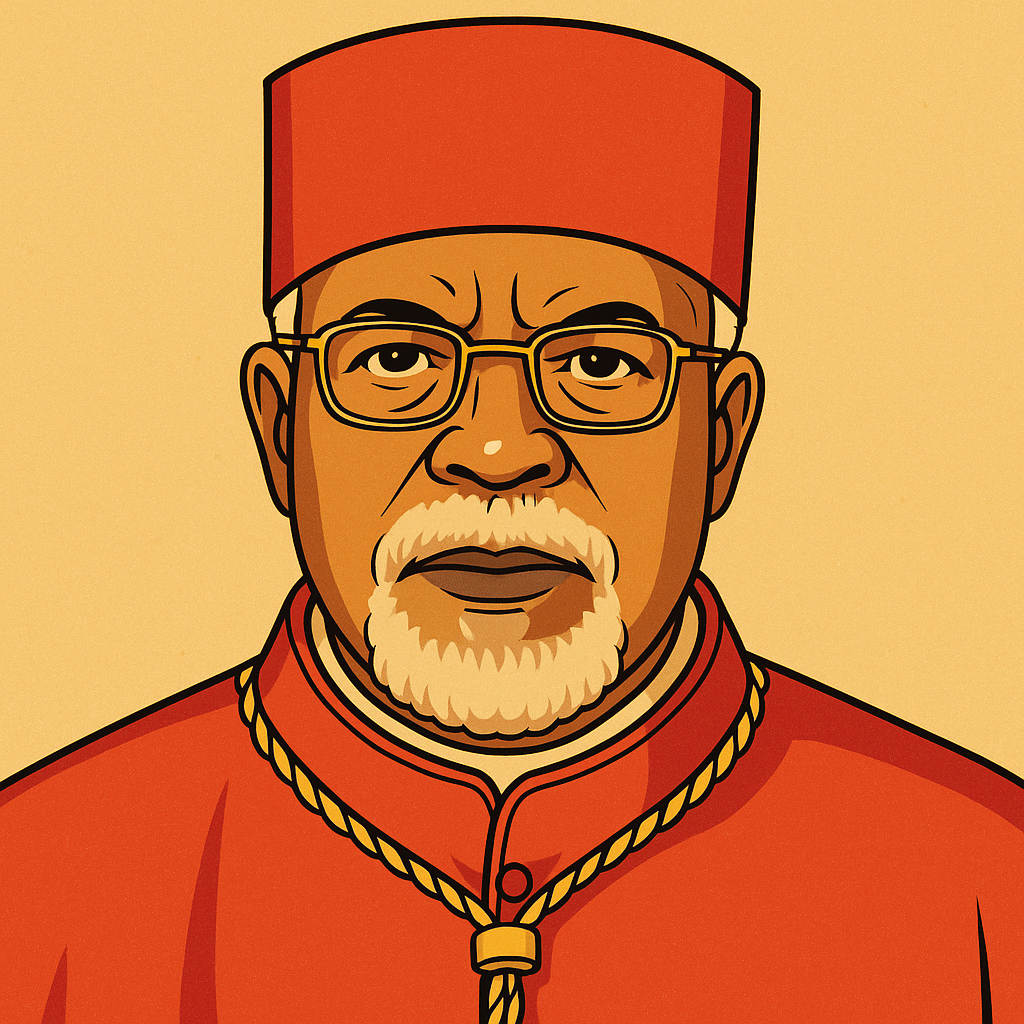
Ethiopia
Ethiopian cardinal of Eastern rite, known for his defense of traditional Church values and his pastoral work in a context of religious tensions.
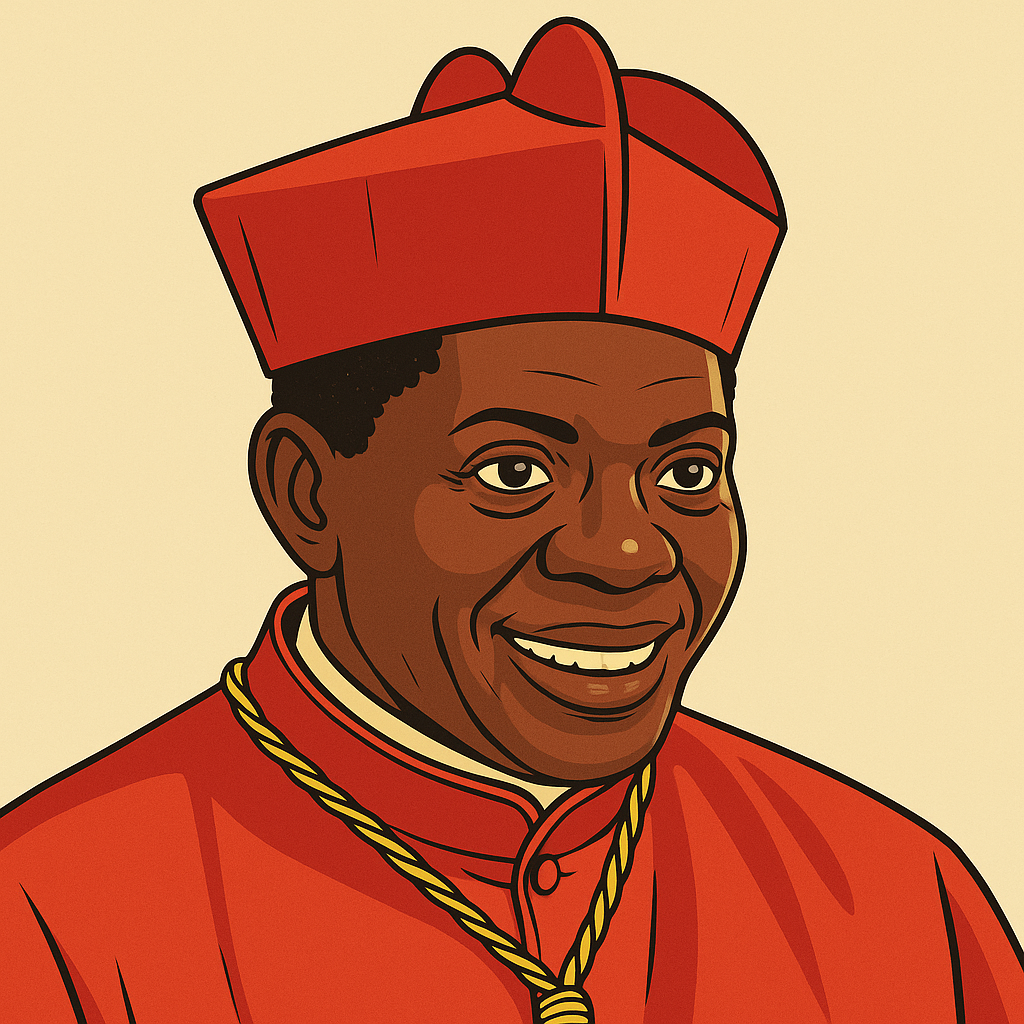
Tanzania
Tanzanian cardinal, Secretary of the Dicastery for Evangelization, known for his missionary expertise and balanced pastoral vision, combining doctrinal fidelity and cultural adaptation.
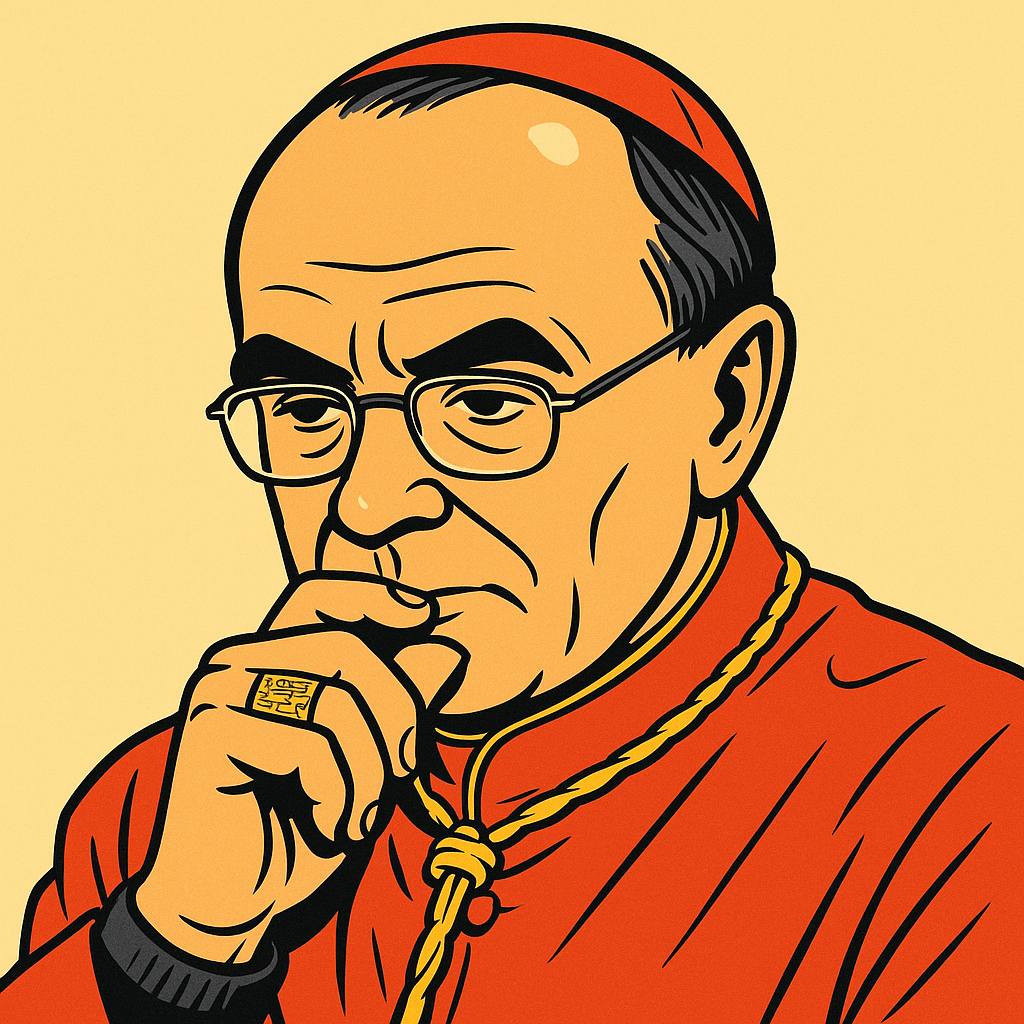
France
French cardinal, Archbishop Emeritus of Lyon, known for his missionary dynamism but whose career has been marked by controversy over the handling of sexual abuse in his diocese.
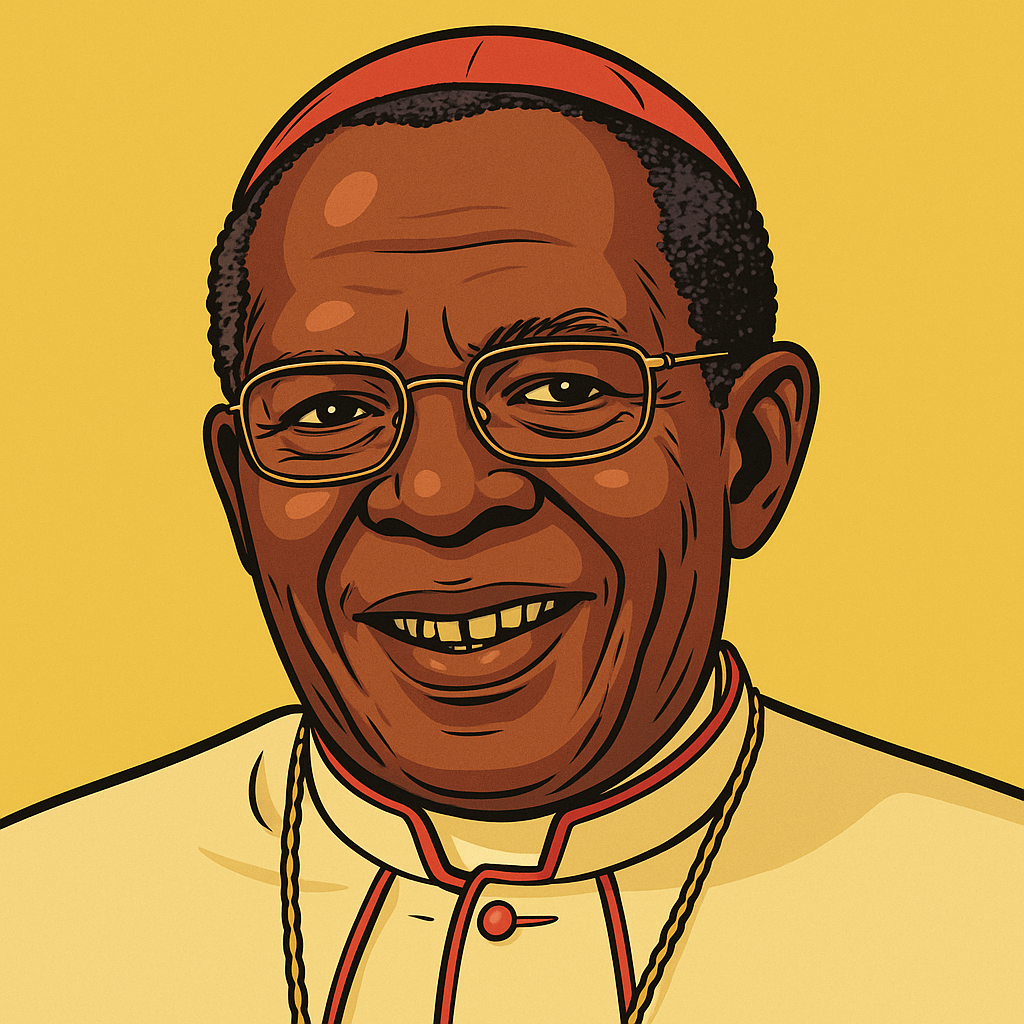
Kenya
Kenyan cardinal, Archbishop Emeritus of Nairobi, known for his conservative positions on moral issues and his leadership in the growing African Church.
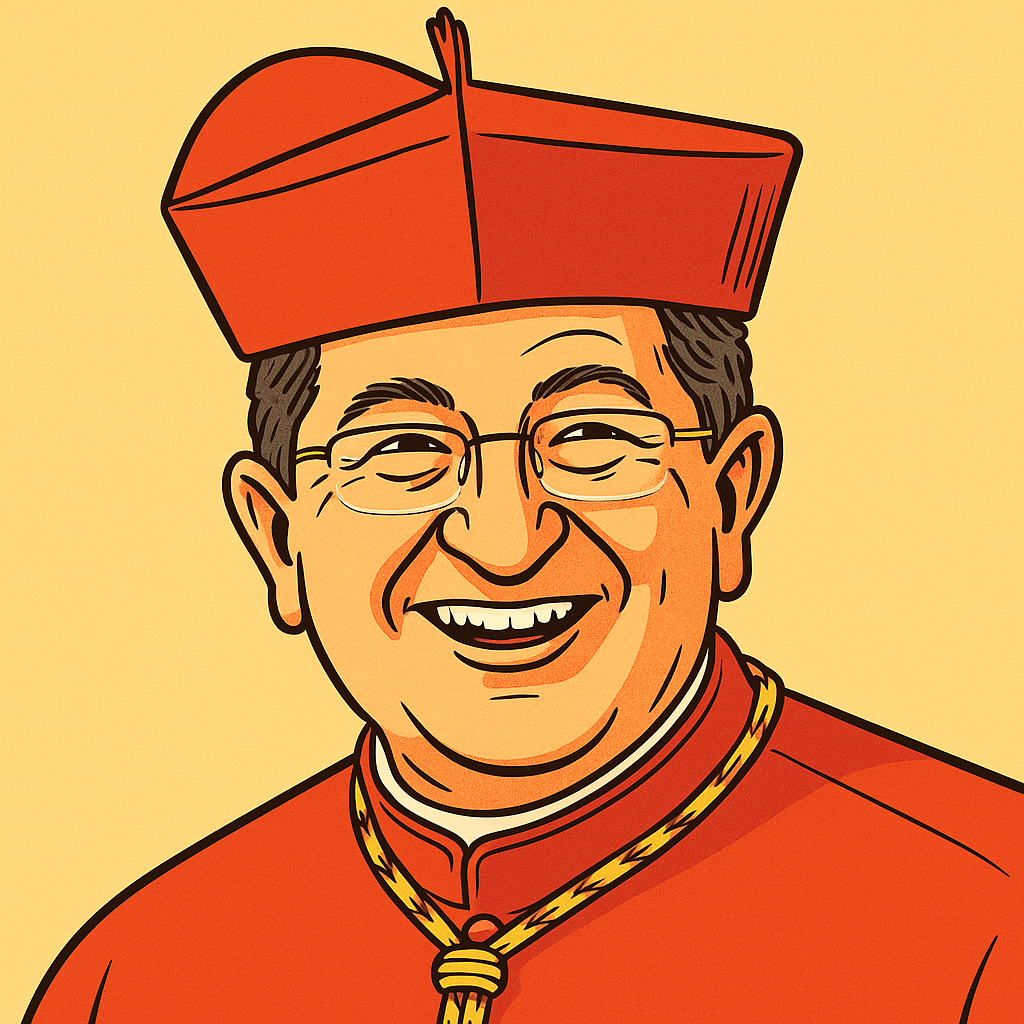
Italy
Italian cardinal, Archbishop of Florence, known for his conservative doctrinal positions and intellectual work, while remaining engaged in pastoral dialogue.
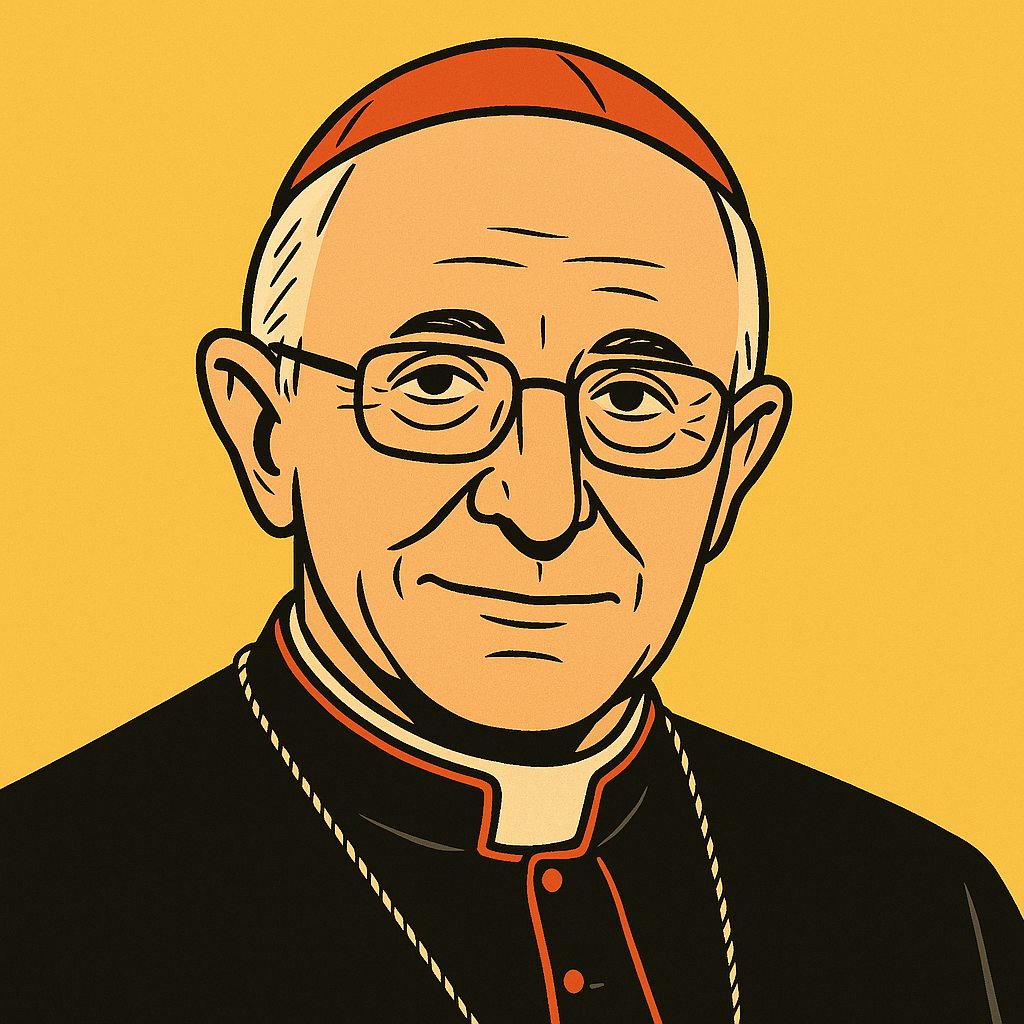
Italy
Italian cardinal, Grand Master of the Order of the Holy Sepulchre, former prefect of the Congregation for the Evangelization of Peoples, known for his missionary and diplomatic experience.
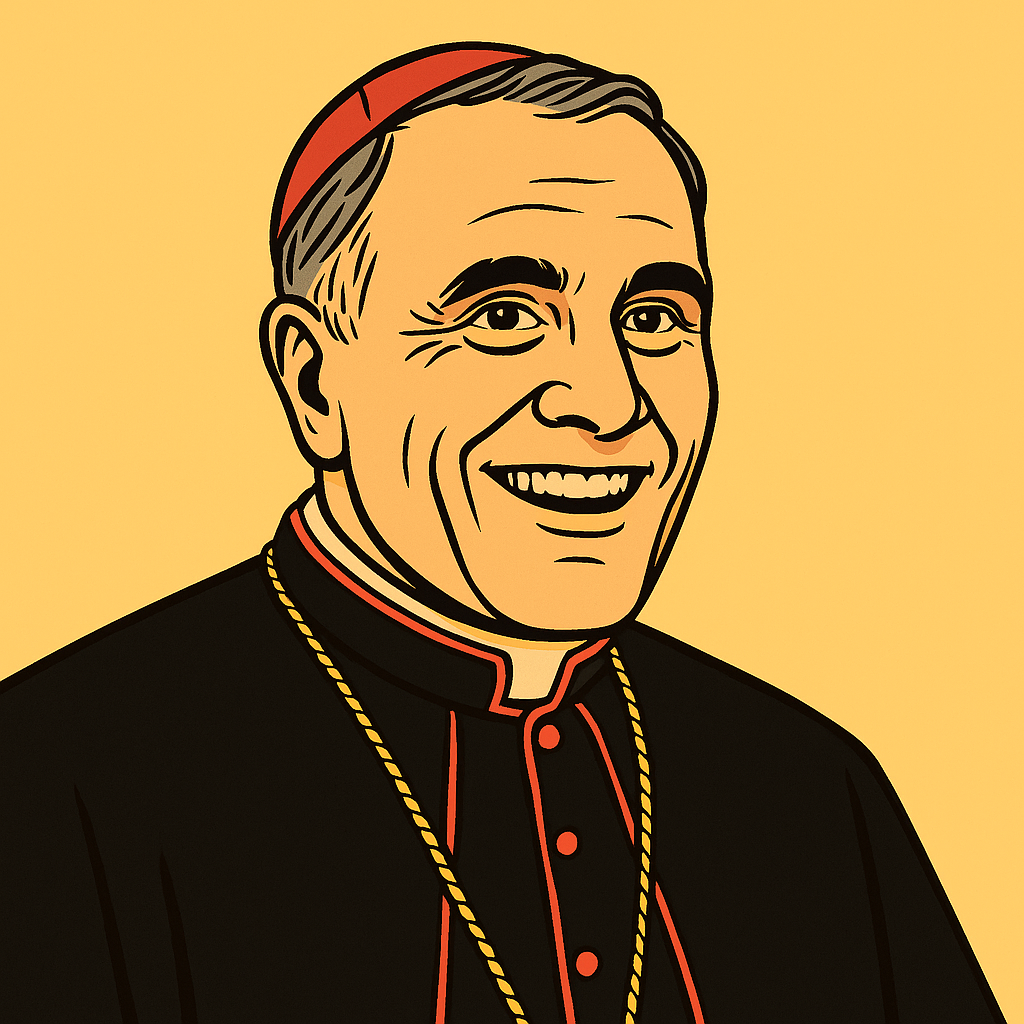
United States
American cardinal, known for his conservative positions on doctrine and liturgy, while seeking unity in a divided ecclesial context.

Ethiopia
Ethiopian cardinal of Eastern rite, known for his defense of traditional Church values and his pastoral work in a context of religious tensions.